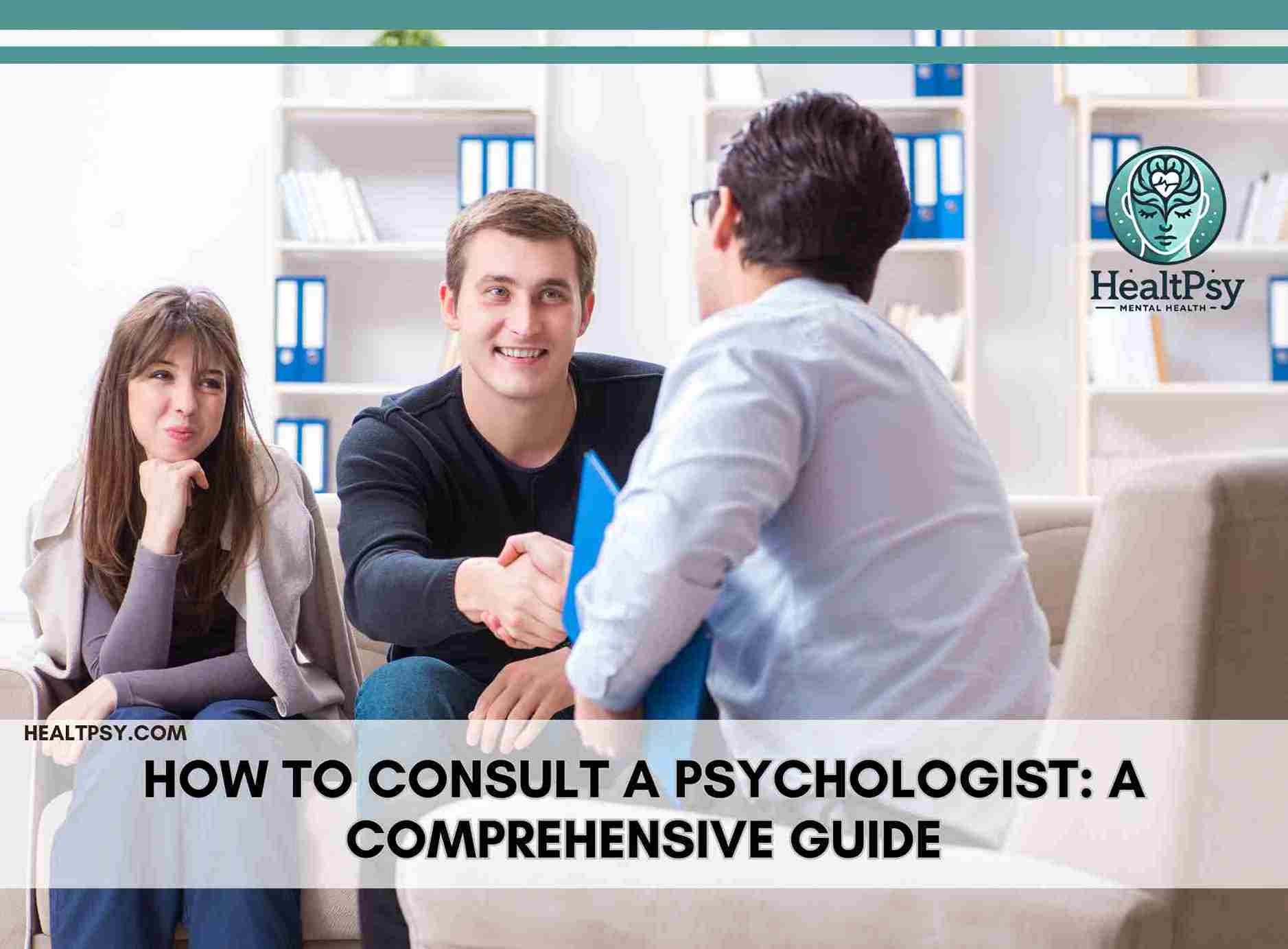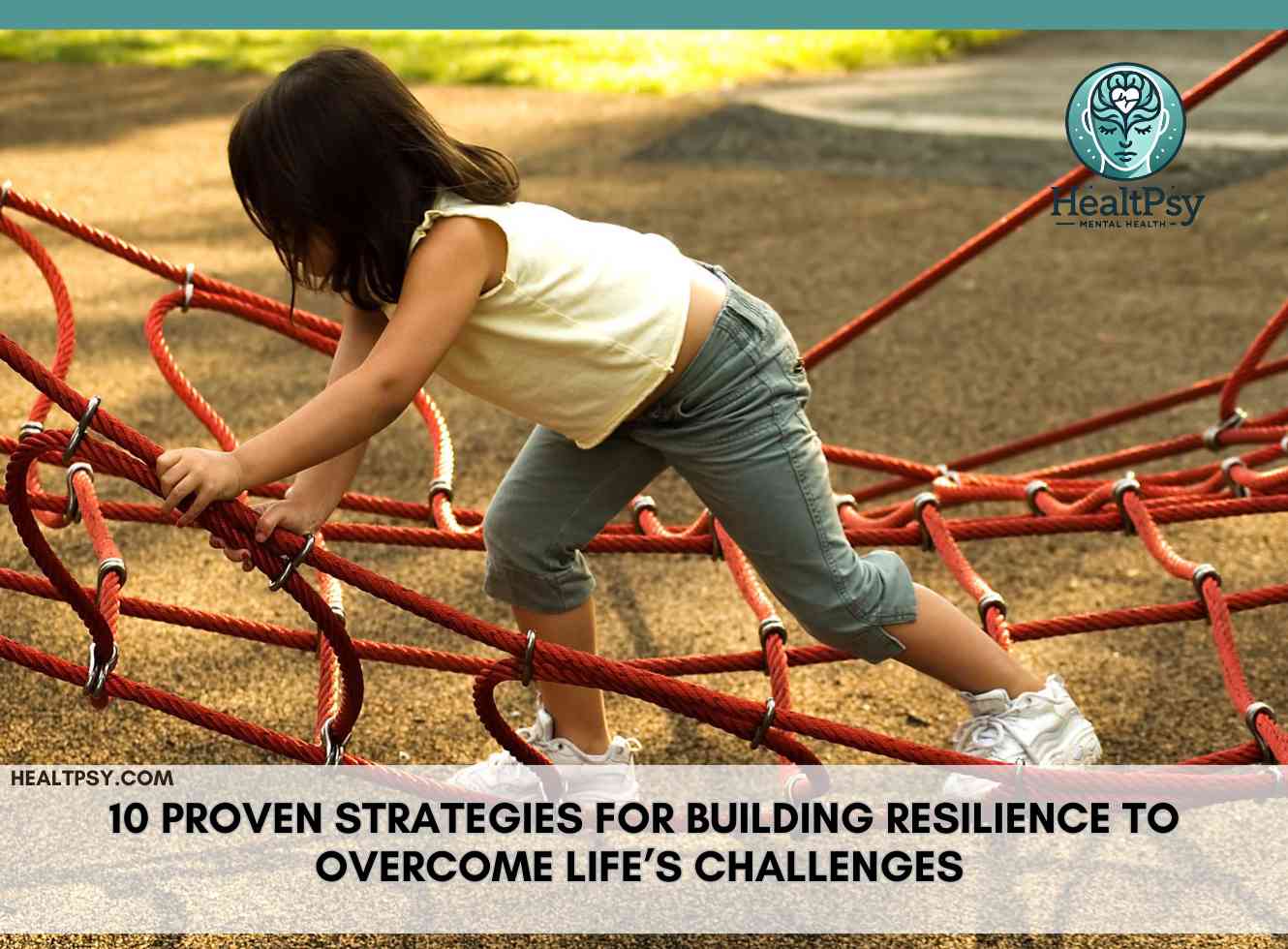Psychotherapy for Midlife Crisis: 1 Effective Strategies for Mental Well-being
Psychotherapy for Midlife Crisis: Effective Strategies for Mental Well-being
Introduction: Understanding the Midlife Crisis
A **midlife crisis** is a significant psychological shift that typically occurs between the ages of 40 and 60. It is often characterized by feelings of dissatisfaction, anxiety, and existential questioning. While it is a normal part of aging, some individuals struggle to cope with the emotional and mental challenges it presents.
**Psychotherapy for midlife crisis** provides a structured approach to help individuals navigate this transitional phase, offering strategies to manage stress, self-doubt, and major life changes.
📌 **This article explores how psychotherapy helps individuals facing a midlife crisis, the different therapeutic approaches available, and how to find the right mental health support.**
🔗 American Psychological Association – Adult Development & Midlife Transitions
1. Signs and Symptoms of a Midlife Crisis
While a midlife crisis manifests differently in each individual, some common psychological and emotional symptoms include:
- Feelings of dissatisfaction with career, relationships, or personal achievements.
- Anxiety or depression linked to aging and self-identity.
- Desire for major life changes (career shift, new hobbies, personal reinvention).
- Increased impulsivity or risk-taking behaviors.
- Concerns about mortality and reflections on past regrets.
2. How Psychotherapy Helps in Managing a Midlife Crisis
Psychotherapy is an essential tool for addressing the psychological challenges of midlife. A therapist can help individuals gain clarity, cope with emotional turmoil, and develop strategies to embrace change positively.
Key Benefits of Psychotherapy for Midlife Crisis:
- Enhancing self-awareness and emotional intelligence.
- Developing coping strategies for stress and uncertainty.
- Encouraging healthy lifestyle changes and goal-setting.
- Building stronger relationships and communication skills.
- Addressing unresolved trauma or suppressed emotions.
🔗 Psychology Today – Types of Psychotherapy
3. Types of Psychotherapy for Midlife Crisis
Several therapy approaches can be effective in addressing the unique challenges of a midlife crisis. The choice of therapy depends on the individual’s needs and emotional struggles.
| Therapy Type | Key Benefits |
|---|---|
| Cognitive Behavioral Therapy (CBT) | Helps individuals identify and change negative thought patterns contributing to distress. |
| Existential Therapy | Encourages self-reflection on life’s purpose and meaning, helping individuals embrace change. |
| Psychodynamic Therapy | Explores past experiences and how they shape current emotions and behaviors. |
| Mindfulness-Based Therapy | Reduces anxiety and stress by promoting present-moment awareness and acceptance. |
| Solution-Focused Therapy | Helps individuals set and achieve specific goals, fostering a sense of direction. |
4. Addressing Midlife Crisis in Men vs. Women
Men and women may experience M/crises differently, influenced by societal expectations and personal roles.
Midlife Crisis in Men:
- Increased focus on career dissatisfaction and achievements.
- Desire for adventure, new relationships, or major lifestyle changes.
- Struggles with aging and masculinity.
Midlife Crisis in Women:
- Emotional shifts due to menopause and hormonal changes.
- Reevaluating identity after children leave home (empty nest syndrome).
- Desire for self-discovery and personal reinvention.
5. How to Choose the Right Therapy
Finding the right therapist and approach is crucial for effective mental health support during midlife. Here are steps to choosing the best psychotherapy option:
- Research licensed therapists specializing in adult transitions.
- Consider therapy formats (individual, couples, or group therapy).
- Determine the preferred therapy approach (CBT, existential, psychodynamic).
- Ensure comfort and trust with the chosen therapist.
🔗 Explore More on Psychological Support and Therapy
Conclusion: Embracing Growth Through Psychotherapy
**Psychotherapy for M/crisis** offers individuals a structured way to navigate the emotional complexities of this life stage. With the right therapy approach, individuals can turn this period of uncertainty into an opportunity for growth, self-discovery, and fulfillment.
📌 Key Takeaways:
- A midlife crisis can cause emotional distress but is manageable with psychotherapy.
- Therapy approaches such as CBT, existential therapy, and mindfulness can be highly effective.
- Seeking professional help can lead to personal growth, clarity, and renewed purpose.
🔗 More Resources on Mental Health and Midlife Transitions
you might also like





